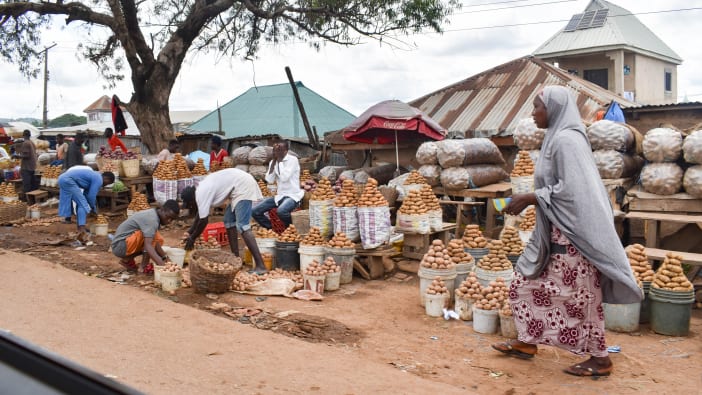Whatever we may think of the much-talked-about TV show, Clarkson’s Farm has highlighted a very important piece of truth. Farming is hard. Even with state-of-the-art machinery, brow sweat and expert advice, the success – or failure – of an entire crop, herd, flock and, essentially, livelihood, often comes down to factors outside of the farmer’s control. The weather. Too much sun, not enough rain, too much rain. Disease. Predators. Politics. The list goes on.
Clarkson gives us a glimpse into the struggles of other local farmers around him, who are reliant solely on the produce from their land and animals for an income.
Rains that come too early, or too late, or too heavily, or not at all, can destroy a carefully planted crop and remove an entire season’s income for the farmer.
One bad bout of bovine flu can wipe out an entire herd, and result in the loss of a farm and a living.
And whilst we start to understand how incredibly tough it is for the farmers featured on Clarkson’s show, for many farmers in places where Tearfund works around the world, the situation is even tougher.















